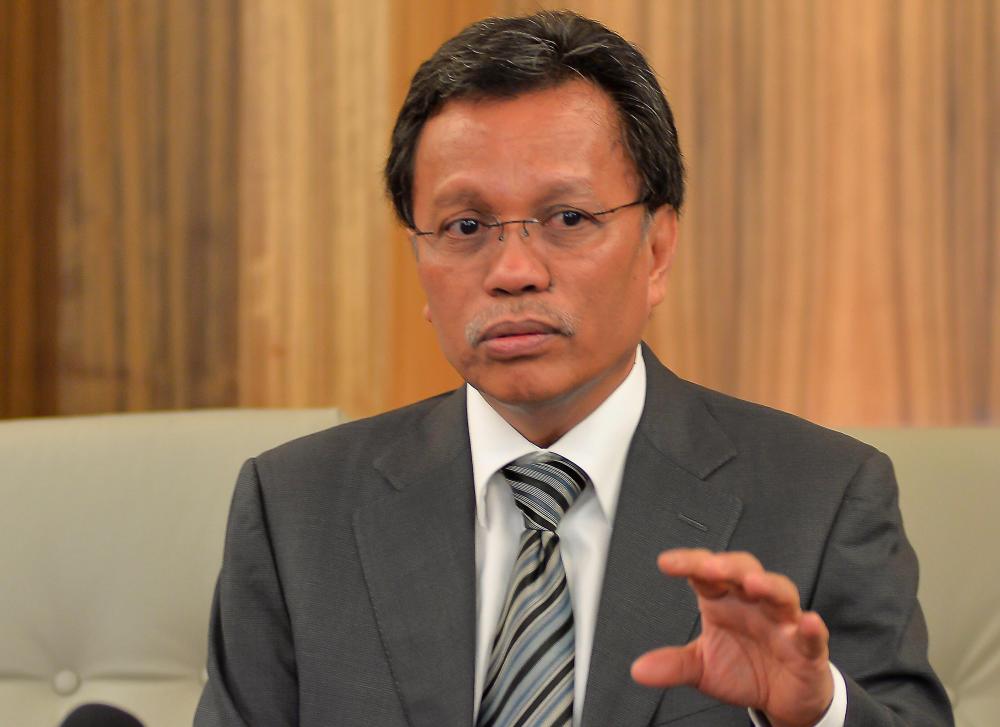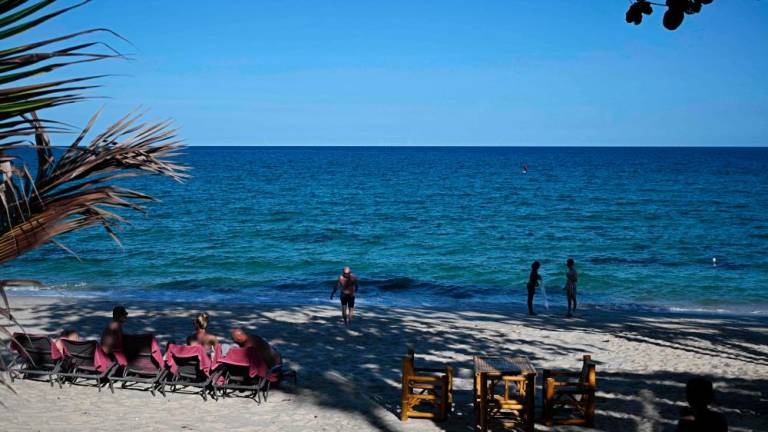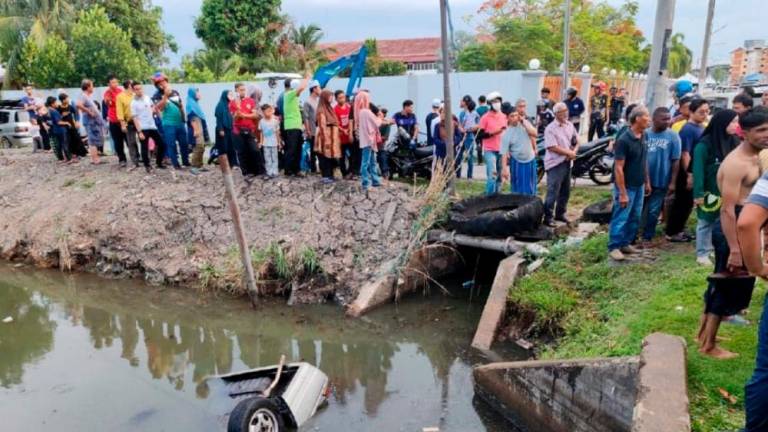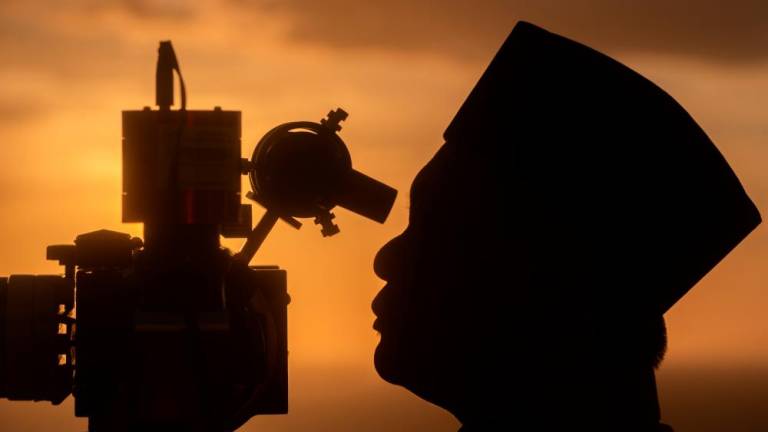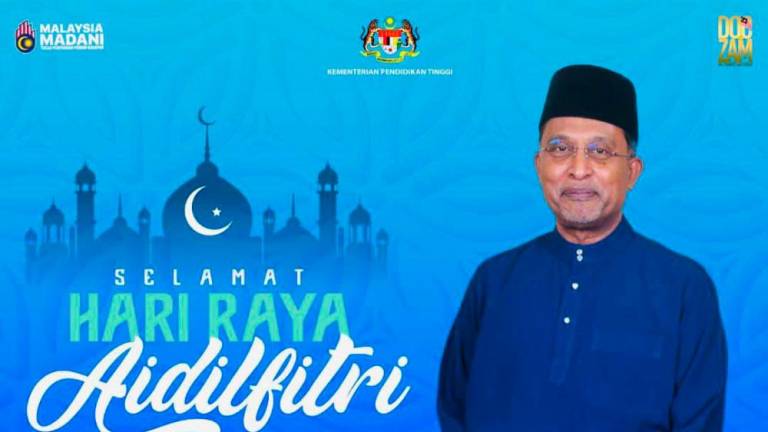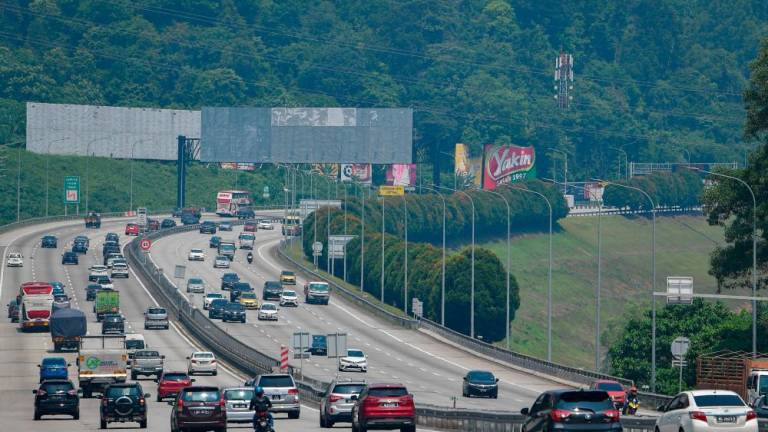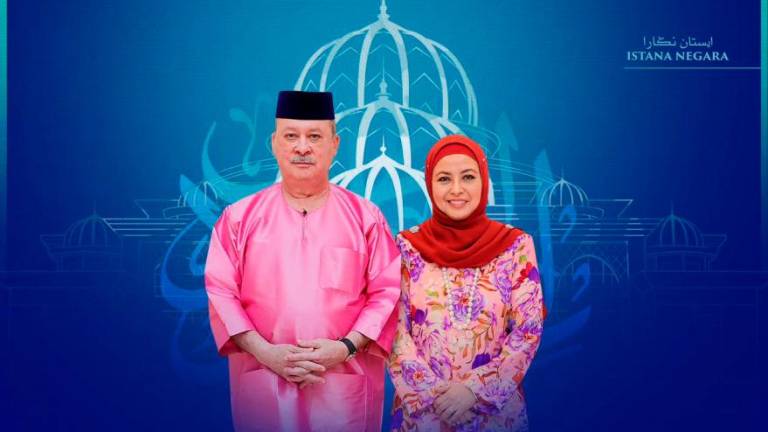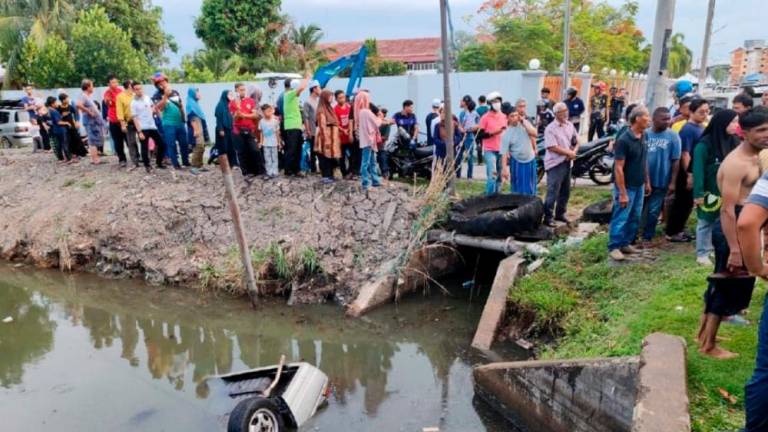KOTA KINABALU: The Sabah government welcomes and greatly appreciates the efforts of non-governmental organisations (NGOs) to assume part of responsibility in providing the best healthcare services to the people, said the Chief Minister Datuk Seri Mohd Shafie Apdal (pix).
He said the public health agenda could be costly for the state government to undertake on its own and the involvement of NGOs was highly appreciated, moreover, there was a growing consensus by the global community that the involvement of all stakeholders was needed if health services were to reach the poor.
In this context, Shafie said, the state government was proud that a local NGO — the Sabah AIDS Awareness Group Association (Saga) — has stepped forward to help Sabah rural community in accessing life-saving treatment for AIDS and other chronic diseases through their Saga Health Access Programme (Shape).
“The work carried out by Saga is very meaningful because they help to improve the efficiency of our healthcare services. By referring rural patients to the clinics and hospitals – they are preserving the well-being of people and linking them to readily-available services that otherwise will go to waste if not fully utilised,” he said.
Shafie said this in his speech that was read by Sabah Health and People’s Wellbeing Minister Datuk Frankie Poon Ming Fung at the Red Ribbon Kota Kinabalu Gala Dinner, here, last night.
Also present were the wife of Sabah Yang Dipertua Negeri Toh Puan Norlidah RM Jasni, Malaysian AIDS Foundation (MAF) chairman Prof Datuk Dr Adeeba Kamarulzaman and Saga president Dr Zaiton Yahaya.
The gala dinner, which was organised by MAF in collaboration with Sabah government, aimed at raising funds for the Shape programme as well as to support’s Saga’s mission to expand the Shape’s coverage to more areas.
Shafie said the assistance rendered by Saga not only provided immediate relief to the poor and meet their short-term medical needs but also helped to ensure their long-term sustainability.
“The patients who return to normal health and regain their physical as well as mental strength after successful treatment will be able to get back on their feet and become productive members of society,” he added.
Shafie said the Sabah government could play the role of developing regulatory frameworks and to retain ownership in the areas of policy formulation, while NGOs could concentrate on facilitating the activities within these stated policies and strategies, and the private sector — with their unlimited access to resources — was the last piece of the jigsaw in this smart partnership.
There was still tremendous room for participation by the corporate sector under the corporate social responsibility platform across Sabah’s diverse areas that also require urgent attention such as nature conservation, rural education, infrastructure development and the large urban-rural gap that unfortunately still very apparent in the state, he said. — Bernama



